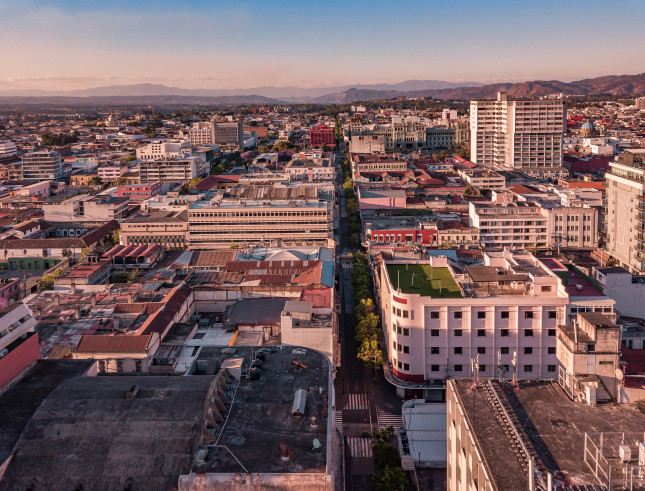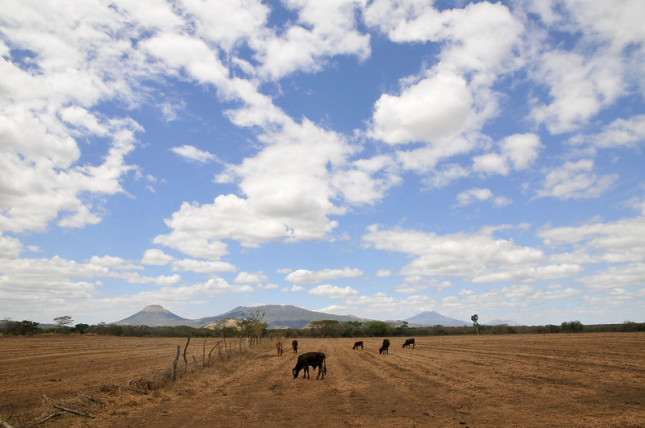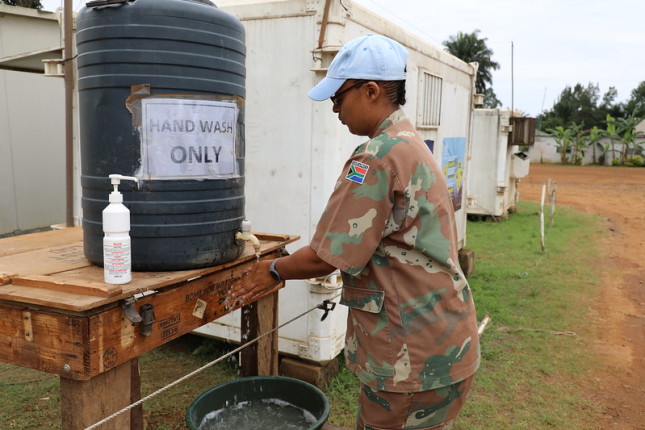-
Climate Migration and Cities: Preparing for the Next Mass Movement of People
›
Amid the COVID-19 pandemic, communities across the globe are experiencing unprecedented climate disasters.
According to modeling by ProPublica, the Pulitzer Center, and The New York Times Magazine, in the event that governments take “modest action to reduce climate emissions, about 680,000 climate migrants might move from Central America and Mexico to the United States by 2050.” That number leaps to above a million people in a scenario where no action is taken. The impacts of climate change on people’s decision to move are not constrained to the developing world, or even across borders. A recent study found that one in 12 Americans currently residing in the southern U.S. will move to California and the Northwest over the next 45 years because of climate influences.
-
Humanitarian Challenge: Amping up Urban Response to COVID-19 in Central America
›
On May 6, Médecins Sans Frontières (MSF) announced it had started to treat COVID-19 patients in Tijuana, in northwestern Mexico. Tijuana, which is on the border with San Diego, has the greatest number of cases in Mexico and one of the highest death rates.
“We will be providing support to health institutions [by] relieving the hospital burden in Tijuana,” said Maria Rodríguez Rado, MSF’s COVID-19 Emergency Response Coordinator in Mexico, according to the group’s website. “Through this support, we want to relieve the enormous workload of health workers who are responding to this pandemic and help alleviate the suffering of patients.”
The move is welcome. Across Central America, megacities such as Guatemala City, Tegucigalpa in Honduras, and Managua in Nicaragua are vulnerable to the rapid spread of COVID-19.
-
Local Solutions Needed to Stem Humanitarian Crisis in Central America’s Dry Zone
›
As the humanitarian community responds to the Covid-19 pandemic, other long-term pressing priorities persist and require innovative solutions. The dry zone which extends across Central America encompassing parts of Guatemala, Honduras, El Salvador, and Nicaragua and a 10-year drought has left 1.4 million people in urgent need of food assistance. The impact of climate change, which includes extreme drought, poses an ever-increasing risk across Central America and contributes not only to food insecurity but also to migration issues that have plagued the continent in recent years.
-
Covid-19 and Conflict Zones: Prepare Now or Face Catastrophe
›
As we have seen over recent weeks, the impact of Covid-19 has caused unprecedented disruption, deaths, and confusion in developed countries. The public health capacity of countries such as the United States and UK has been overwhelmed.
Showing posts by James Blake.







